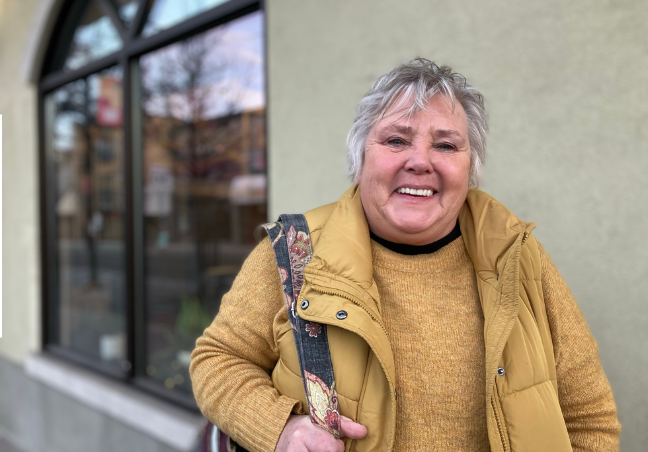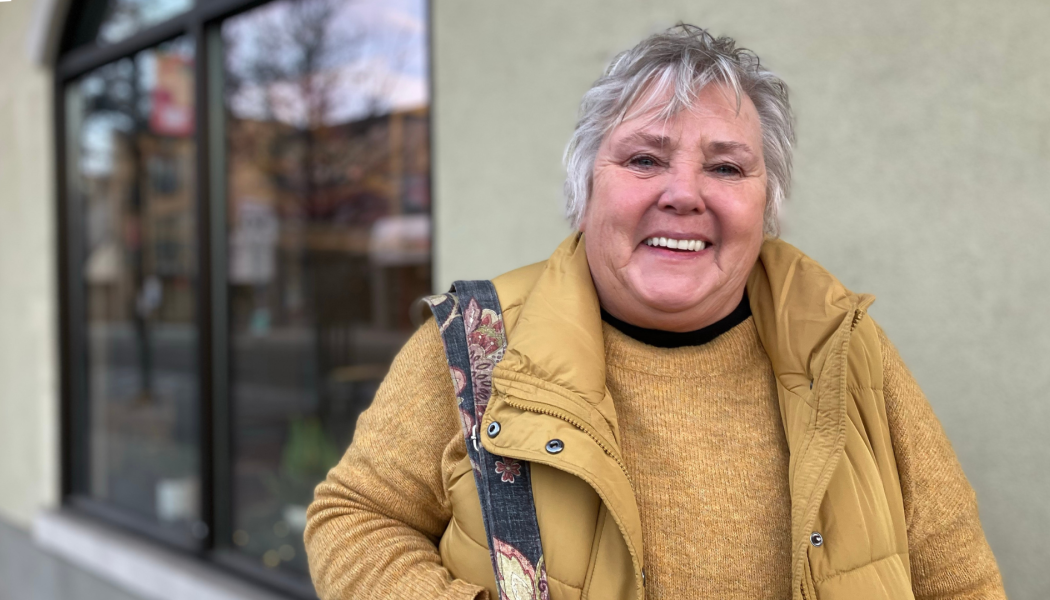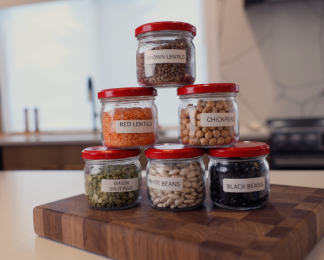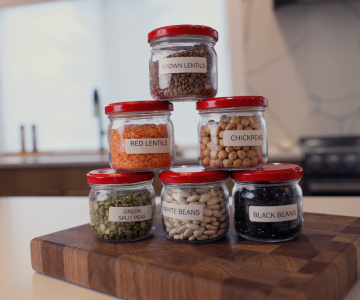Christine Aiken is on stage in front of more than 200 people at the Penticton Lakeside Resort for an event billed the Memory Café. She speaks to the audience without notes nor a pause, then takes questions from the audience for the better part of an hour.
To hear and see Christine, it would be impossible to know she has been living with vascular dementia for more than 10 years.
This is Christine’s fourth Memory Café keynote talk. She’s spoken at Memory Café events in Oliver, Osoyoos and Keremeos, organized by Medical Arts Health Research Group. She regularly travels around the Okanagan sharing her experiences, ideas, wisdom and tips about living with dementia.















